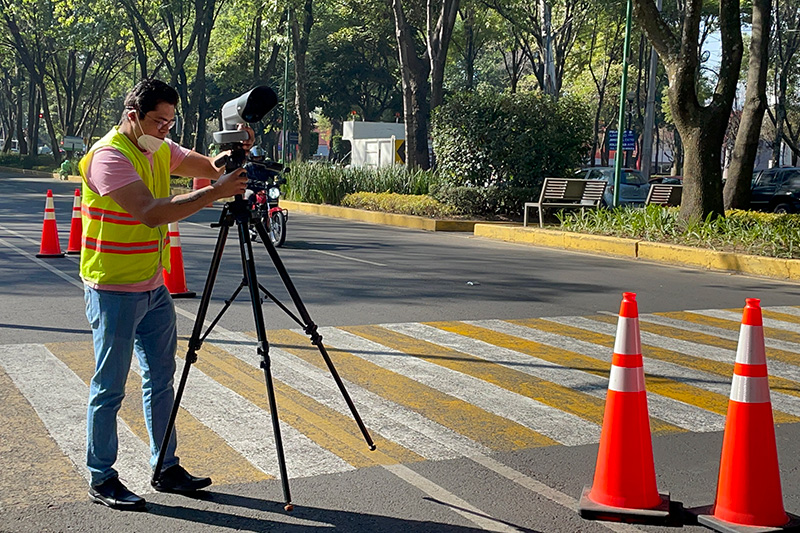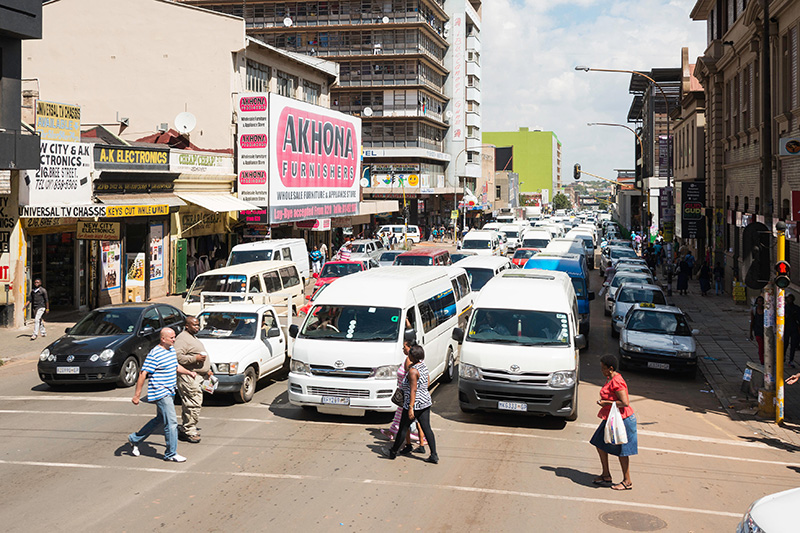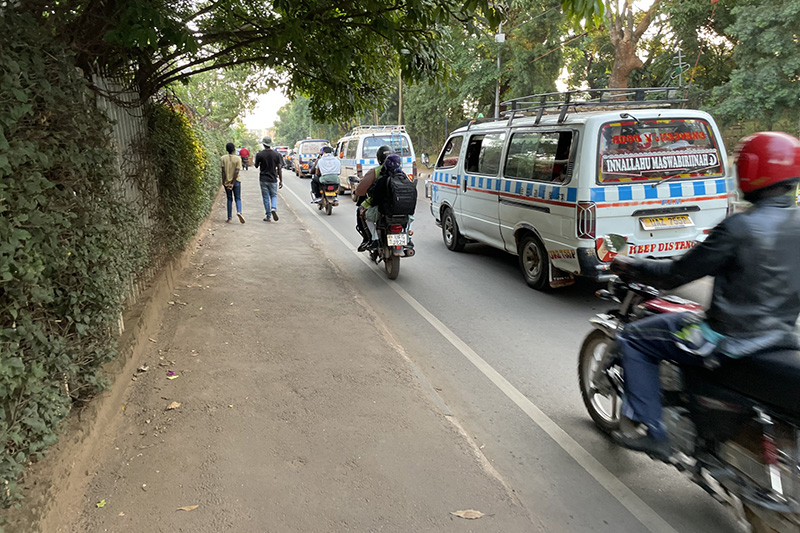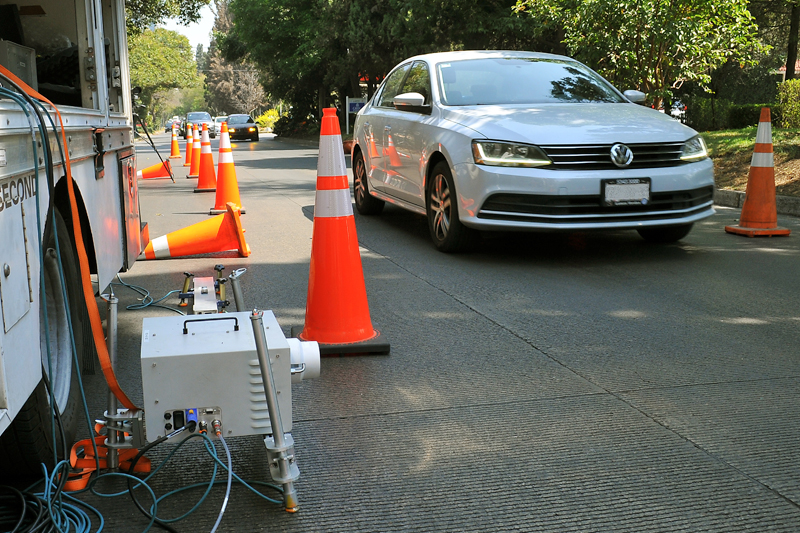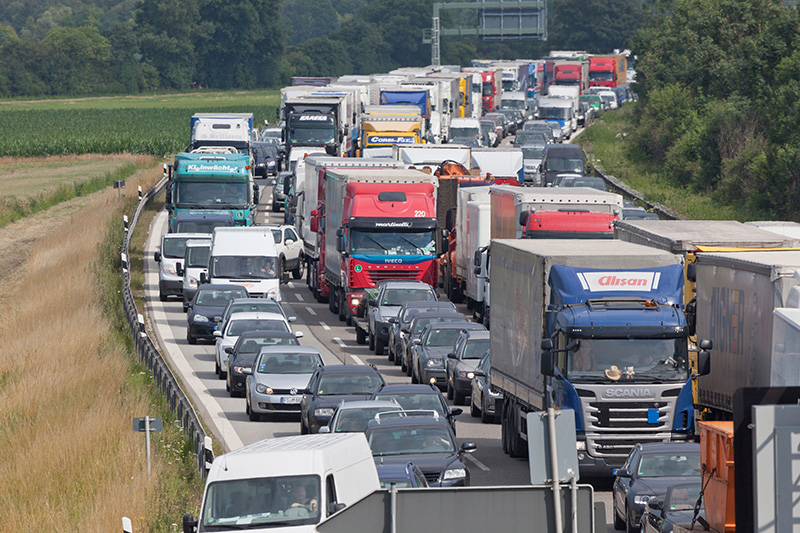London signs Zero Emission Vehicles Declaration, supported by TRUE data
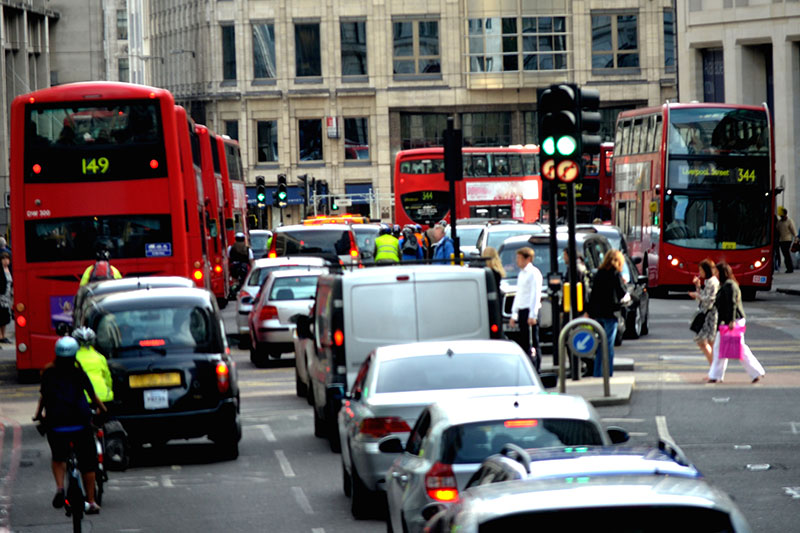
London has announced that it has joined Zero Emission Vehicles Declaration, committing to work to convert its entire fleet of cars and vans to zero-emission vehicles (ZEVs) by 2035. The commitment is the continuation of the Mayor of London’s work to improve the air quality of the city through the introduction of several policies, supported by TRUE data, to reduce emissions and accelerate the uptake of EVs and other low and zero-emission modes.
The city joins another 68 cities and regional governments all of which have committed to work to incentivize the transition to ZEVs as soon as possible. This is the latest in a series of steps by London to support the adoption of electric vehicles and reduce air pollution from road transport.
TRUE real-world emissions testing has highlighted the role of vehicles on the city’s streets. One notable example among the numerous policy measures to accelerate the ZEV transition is the Mayor of London’s efforts to reduce emissions from iconic black taxis, an important source of tailpipe pollution in the city. Since January 2018, black taxis registering for the first time need to be zero-emission capable (ZEC) with a minimum 30-mile zero-emission range and no more than 50 g/km of tailpipe CO2 emissions to get a license; additionally, older polluting taxis can stay in circulation for no more than 12 years. Through a government plug-in taxi grant, taxi drivers can receive £7,500 off the cost of a new ZEC taxi. The Mayor is also committed to expanding charging infrastructure, as set out in the Electric Vehicle Infrastructure Strategy, the Capital aims to install between 40,000 and 60,000 charge points by 2030, 4,000 of them rapid chargers. London has already had 11,500 public chargers installed at the end of 2022. That was more than a third of the United Kingdom’s total. In the coming year, Transport for London (TfL) is set to install an additional 100 public rapid charge point bays on busy roads, on top of 300 previously installed by TfL. Moreover, the London Electric Vehicle Infrastructure Delivery Plan published in 2019 targets delivering five rapid-charging hubs for taxis and commercial fleets, one in each sub-region, by 2025. Three have already been installed with support from TfL, in addition to 24 delivered by the private sector.
London’s air quality has significantly improved since 2016 and is now comparable to that of similar-size cities such as New York and Madrid. In addition to policies that focus on adding cleaner vehicles to the fleet, special zoning regulations helped bring about these gains. In 2019, the Mayor introduced an Ultra Low Emission Zone (ULEZ) in central London and drivers of older and highly polluting cars, vans and motorcycles must pay a daily charge to operate in it. In October 2021, the Capital made the zone 18 times larger, and the plan is for it to cover the entire Greater London area starting in August 2023, supported by analysis by TRUE. One year into the ULEZ expansion, harmful NO2 concentrations alongside roads are estimated to be 46 per cent lower in central London and 21 per cent lower in inner London than they would have been without the ULEZ and its expansion. The ULEZ targets decreasing NO2 emissions from vehicles burning fossil fuels because it is one of the most harmful air pollutants along with particulate matter (PM).
London is cleaning up its air by implementing policies that promote electric vehicles and reduce emissions from the most polluting vehicles on the road. Still, poor air quality caused by traffic remains a key concern, and it is associated with stunted lung growth in children and around 4,000 premature deaths in 2019. The work is not done, but in signing the ZEV Declaration, London has taken another important step forward in its efforts toward clean transportation and improved health for its residents.
Sheila Watson, Deputy Director of the FIA Foundation, said: “TRUE Initiative welcomes the Mayor of London’s further commitment to low and zero emission mobility by signing the Zero Emission Vehicles Declaration. TRUE Real-world emissions data is an essential part of the policymaking process to address London’s air quality issues.”
